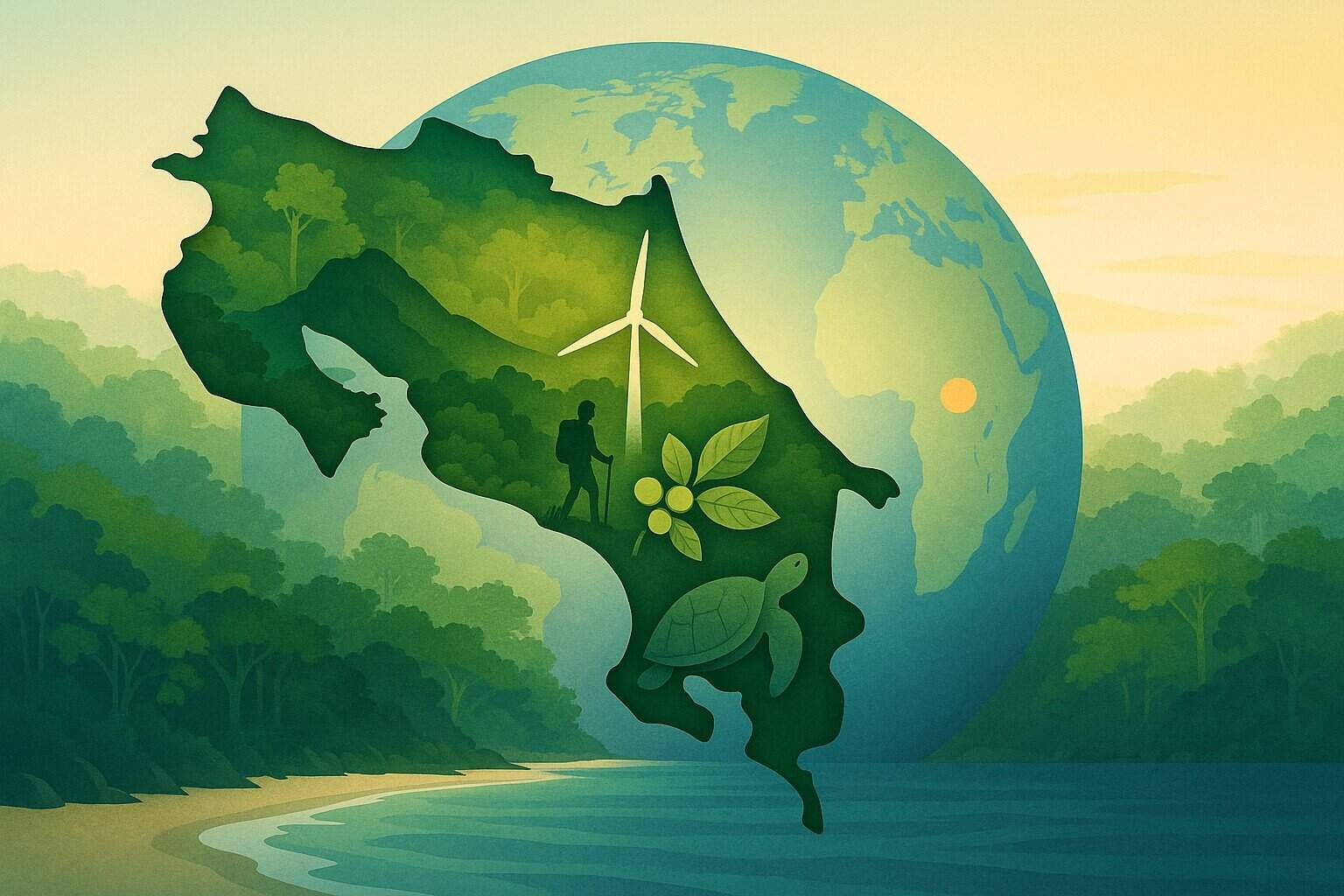Today marks World Tourism Day, held every September 27 to highlight tourism’s role in economies and communities worldwide. This year’s theme, “Tourism and Sustainable Transformation,” points to how the industry can drive positive changes while protecting environments and cultures.
The United Nations established this day in 1980 to mark the adoption of its tourism organization’s statutes. It encourages people to think about travel’s impact, from job creation to cultural exchanges. In 2025, the focus turns to making tourism more inclusive and resilient, especially after recent global challenges.
Malaysia hosts the main events in Melaka, where discussions center on turning tourism into a force for good. Leaders from around the world gather to share ideas on sustainable practices, like reducing carbon footprints and supporting local economies.
Here in Costa Rica, the day aligns with the 70th anniversary of the Instituto Costarricense de Turismo (ICT). The country uses this moment to showcase its approach to tourism, built on the “Pura Vida” philosophy. Officials emphasize strategies that balance growth with conservation, drawing on Costa Rica’s reputation for eco-friendly travel.
Costa Rica sees over two million visitors each year, with numbers climbing steadily. The ICT leads efforts to promote responsible tourism, such as certifications for businesses that prioritize sustainability. This includes protecting national parks, beaches, and wildlife areas that attract people from all over.
Local celebrations include events across the country. In San José, talks and exhibits highlight how tourism supports rural communities. Coastal areas like Guanacaste and the Caribbean side host activities that connect visitors with local traditions, from coffee tours to sea turtle conservation projects.
The government views tourism as a key economic driver, employing thousands and contributing to GDP. Recent data shows a rebound in arrivals, with Europeans and North Americans leading the way. Efforts to diversify offerings, like adventure sports and wellness retreats, help spread benefits beyond popular spots.
Challenges remain, though. Climate change affects vulnerable areas, prompting calls for better infrastructure and policies. As elections approach, candidates discuss expanding tourism while addressing overcrowding and environmental strain.
In the broader region, countries like Mexico and Brazil also mark the day with initiatives. Mexico promotes cultural heritage sites, while Brazil focuses on Amazon preservation. These efforts reflect a shared push toward tourism that benefits everyone involved.
For those of us in Costa Rica, today offers a chance to reflect on travel’s value. Simple actions, like choosing eco-certified hotels or supporting local artisans, make a difference. The day reminds us that thoughtful tourism can foster connections and preserve what makes places special.
Looking ahead, the industry aims for transformation that includes technology and community involvement. Tools like apps for low-impact travel and partnerships with indigenous groups show progress.






